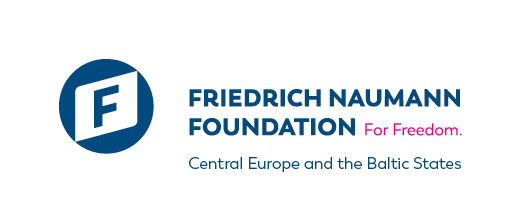
Implementing judgments in the field of asylum and migration on odd days
A new research paper published by the Hungarian Helsinki Committee brings attention to the worrying practices of non-implementation of judgments in the field of asylum and migration in Czechia, Hungary, Poland, Slovakia and Slovenia and the implications on the rule of law.
Due to the politicised nature of asylum and migration, the relevant EU legislation, UN Conventions, the European Convention on Human Rights and even domestic legislation are not always respected. Litigation, therefore, often results in positive judgments, establishing the breach of the law. However, the anti-migration policies pursued by Governments do not stop there. Non-implementation of judgments in the field of migration and asylum has become more and more frequent in recent years, in order to maintain these policies.
This new research paper by the Hungarian Helsinki Committee, supported by the Friedrich Naumann Foundation for Freedom, analyses the implementation of the Court of Justice of the European Union (CJEU) judgments, UN decisions and leading European Court of Human Rights (ECtHR) judgments in the field of asylum and migration in Czechia, Hungary, Poland, Slovakia and Slovenia. It further looks into relevant examples of where the non-implementation of domestic court judgments reveals serious and systemic problems.
The aim of the study is to bring attention to the worrying practices of non-implementation of judgments and the implications on the rule of law, as executing domestic and international court decisions is one of its cornerstones. Through non-implementation, unlawful legislation and practices are preserved, the consequences of which severely affect the rights of a very vulnerable population, leaving them without an effective remedy.
Read the full research paper here

This publication is supported by the Friedrich Naumann Foundation for Freedom. The Friedrich Naumann Foundation for Freedom is not responsible for the content of this publication, or for any use that may be made of it. The views expressed herein are those of the authors alone. These views do not necessarily reflect those of the Friedrich Naumann Foundation for Freedom.